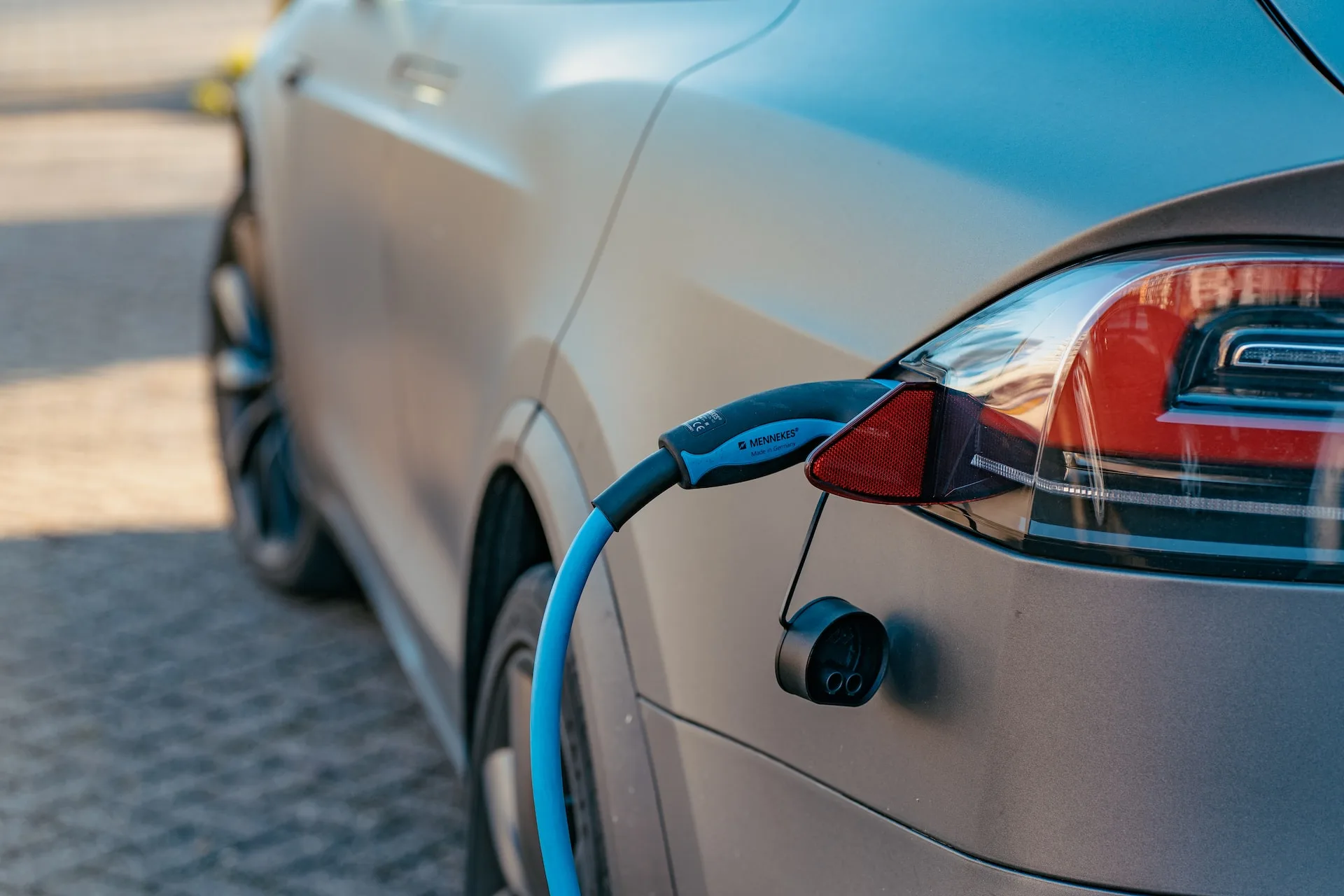Why Do I Need An EV Charger at Home?
Over 80% of adults with electric vehicles do not have access to charging at home. This mean that those people have to take time out of their busy day to stop and pay to charge their vehicle. Having a home EV charger allows you to plug in your car at night and it will ready in the morning.
Thinking About Selling Your Home?
Having an EV charger at will attract more potential buyers or renters if you end up wanting to sell your home. Renters and buyers would be willing to pay more for a property that has the luxury of an EV charger, especially with the Connecticut real estate market trends and gas price fluctuations.
No More Worries About a Low Battery
Once you have an EV charger installed at your home you can worry less. Worry less about leaving early in the morning to charge your car enough. Worry less about no open chargers when you need to charge at whatever time of the day.
Can I install my EV charger myself?
No, unless you’re an electrician with experience in installing EV chargers, this is a job that requires a licensed electrician that can properly install and meet all local guidelines for your Connecticut or Westchester home. Also, if you did want to take the risk of installing yourself, EV charging points will lose their warranty, if not installed by a certified electrician.
How much does it cost to install an EV charging station?
Based on our experience, the minimum price for a proper installation by an experienced electrician can depending on many factors, the exact figure will depend on your location and the specific technical requirements of your home.
Here are things that impact price of installation
- The distance between your fuse box and your parking spot or driveway will influence the cost of the cable and, therefore, the overall installation costs.
- Electric vehicles (EVs) require a connection to an electrical system to charge. There are three different methods.
Level 1 chargers
- Uses a connection to a standard 120-volt outlet
- Takes 12 to 20 hours to fully charge a battery EV (6 to 12 hours for a plug-in hybrid)
- Used mostly in homes
Level 2 chargers
- Uses a connection to a 240-volt outlet, like those used by ovens and clothes dryers
- Charges 30 km per hour
- Takes 6 to 14 hours to fully charge a battery EV (4 to 8 hours for a plug-in hybrid)
- Used in homes, businesses, and common areas
Fast Chargers (also known as Level 3)
- Uses a direct current connection to an electrical system
- Charges 100 km per 30 minutes or 80% charge at 50 kW (varies by vehicle type)
- Takes 1 to 4 hours to fully charge a battery EV (15 minutes to 3 hours for a plug-in hybrid)
- Used mostly in businesses and common areas
With lots of manufacturers and models to choose from, there are a number of options to consider. Whatever you decide, only select a charger that is safety certified, and consider having it installed by a licensed electrical contractor.

